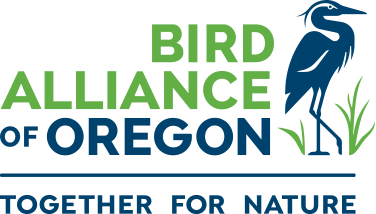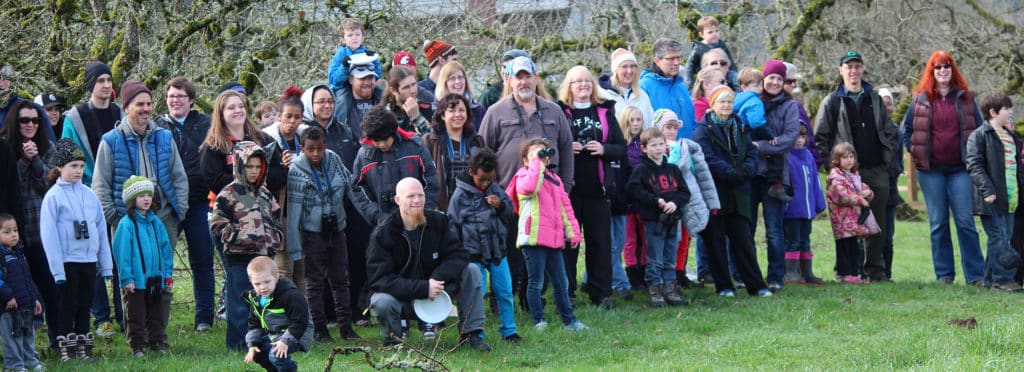
This summer and fall, the City of Portland will have a major opportunity to advance meaningful protections for floodplains. In November of 2021, the City of Portland released a draft Floodplain Resilience Plan “to reduce the impacts of future flooding and the degradation of floodplain habitat for endangered and threatened fish species.” The plan is a direct result of a lawsuit brought by Bird Alliance of Oregon and other conservation groups against the Federal Emergency Management Agency (Bird Alliance of Oregon v. FEMA) in 2011.
Floodplains are the areas adjacent to rivers and streams that are subject to periodic flooding. They clean and cool our water, provide valuable fish and wildlife habitat, and protect our communities from flooding. Unfortunately, cities across the metro region and Oregon continue to develop floodplains at an alarming rate. To make matters worse, floodplain development can occur specifically because the National Flood Insurance Program (NFIP), administered by FEMA, provides low-cost, taxpayer-subsidized flood insurance to communities to develop their floodplains. Without this insurance, nobody in their right mind would develop in flood-prone areas.
In 2011, Bird Alliance of Oregon, represented by Earthrise Law Center, sued FEMA, arguing that NFIP violated the federal Endangered Species Act by harming federally listed salmon that depended on those floodplains for survival. As a result of this lawsuit, the National Marine Fisheries Service determined in 2016 that Bird Alliance of Oregon et al. were correct and the NFIP program was jeopardizing the continued existence of salmon and steelhead as well as resident killer whales that depend on salmon for survival. In order to remain eligible for the NFIP program, communities across Oregon with salmon-bearing rivers and streams must update their local codes to ensure that floodplain development avoids, minimizes, and mitigates any harm to salmon or steelhead. While the lawsuit was driven by salmon, the requirements that it generated also provide a template for how to make our communities safer and more resilient.
Due to foot-dragging by FEMA, the State of Oregon, and local jurisdictions at the behest of development interests, it has taken more than a decade since the lawsuit was initiated to move to action, but as deadlines for compliance approach, movement is finally occurring. Portland is the first community out of the gate.
Portland to do several important things:
- Map and apply new development and building requirements for the floodplain.
- Ensure all floodplains within the project area are within an environmental or river overlay zone
- Increase mitigation ratios for trees removed when floodplains are developed to avoid loss of habitat function
- Increase mitigation ratios for balanced cut and fill when floodplains are developed to prevent loss of habitat function and flood capacity
- Apply additional requirements within 170 feet of ordinary high water to increase habitat near rivers and streams
- Create habitat mitigation banks to compensate for loss of habitat function if floodplains are developed

With more than 125 miles of rivers and streams within Portland, this plan represents a major step forward for natural resource protection, climate resilience, and community safety. It is also likely to set the standard for communities throughout the state. It is expected that the plan will go to the Planning and Sustainability Commission and City Council in the summer of 2022. The North Reach (Portland Harbor) is not included in this plan and will be addressed subsequent to adoption of this plan. We will need your help to ensure that these common sense steps to protect our communities and our environment move forward.
For more information contact Bird Alliance of Oregon Conservation Director Bob Sallinger at bsallinger@birdallianceoregon.org.



